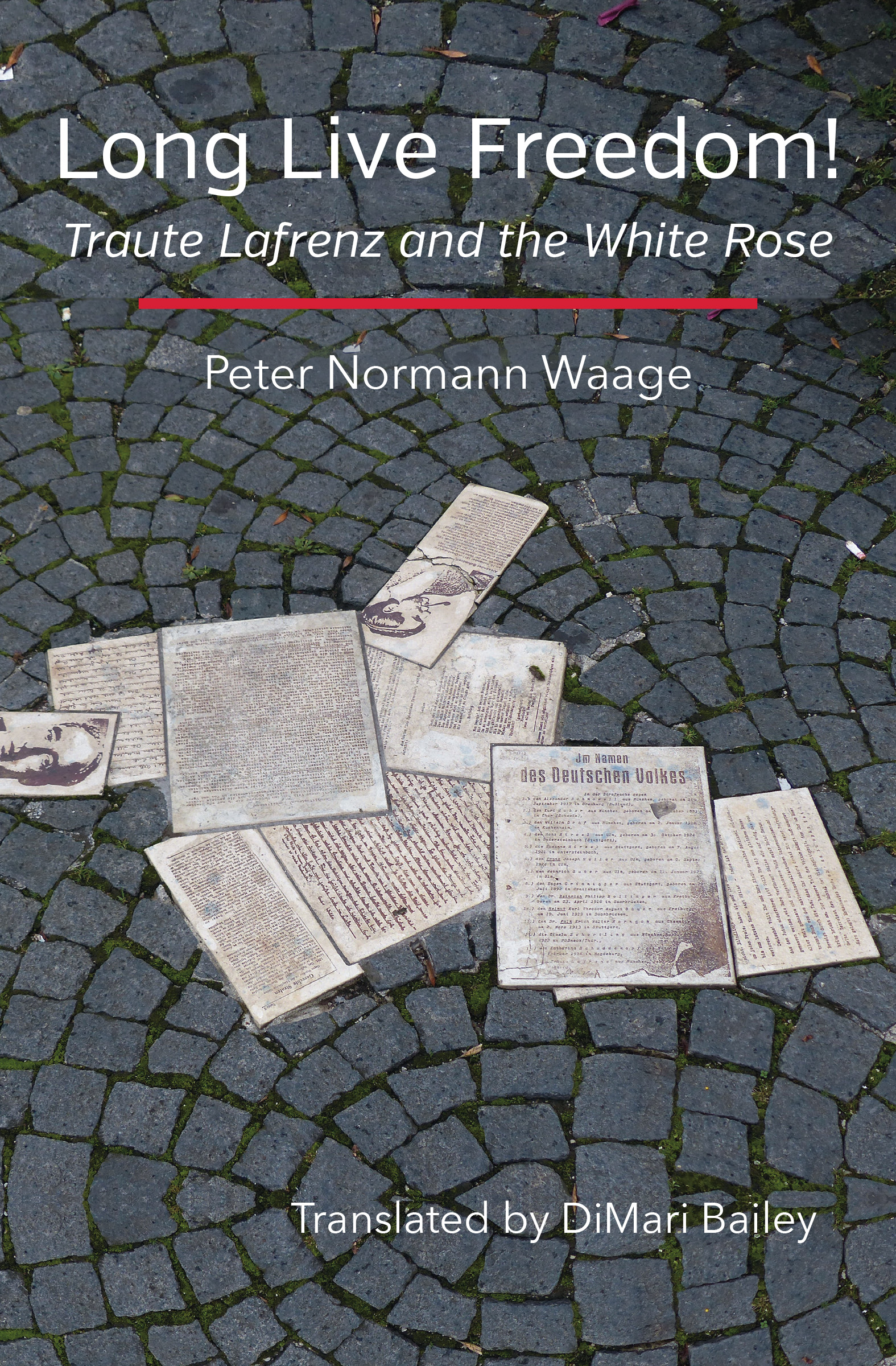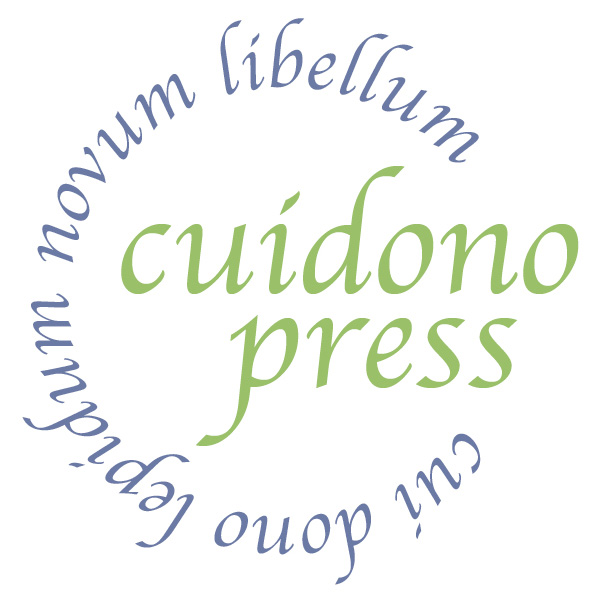Waage’s subtitle, “Traute Lafrenz and the White Rose,” shows his particular concern: how the spirit living in culture was alight in this person, spread to that one, was shared among a few others—finally to melt crystals of thought into courageous action. —John H. Beck, Being Human
“We will not be silent. We are your bad conscience. The White Rose will not leave you in peace!”
The world had been at war for three years in 1943 when a small group of students in Munich defied the authorities, distributing leaflets that challenged the German people to resist the Nazis. The regime considered the leaflets a threat, and Heinrich Himmler personally ordered the arrest and execution of those responsible.
Traute Lafrenz was part of that circle, which came to be known as the White Rose. She was arrested but, unlike her friends Hans and Sophie Scholl, escaped execution. Decades later, in conversations with Peter Normann Waage, she recounts the story as she experienced it, from education to friendships to activism. Blending memoir, group biography, and philosophical insight, Waage introduces the key players in the order Lafrenz met them, building and circling to capture the atmosphere, the influences, the intellectual and spiritual seeking, and the friendships that formed this group that spread a message of resistance and of hope. Most of all, Lafrenz and Waage explore how this group of young people developed the intellectual strength and moral courage needed to carry out their brave response to the terror that was the Nazi regime.
Previously published in Norwegian and German, this book is a unique addition to the White Rose story, offering a new voice to the literature and a deeper understanding of how a few people could have such an impact during very dark times. It is a must read for the many in the world who continue to look at the years of the Third Reich in search of answers for how it could have happened and how we make sure that it does not happen again.

